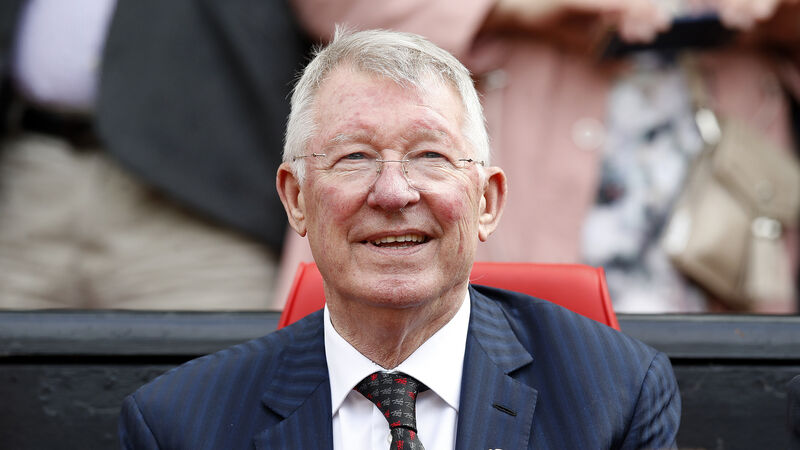Tommy Martin: To Alex Ferguson memories aren't nostalgic, they're foundation of an extraordinary life

Alex Ferguson
Try from €1.50 / week
SUBSCRIBE
Alex Ferguson
As befits someone who famously loves to read books about great historical figures, no one has attempted to take the measure of Alex Ferguson’s life as often as the man himself.
Never Give In, the new documentary directed by Ferguson’s son Jason, is the latest autobiographical effort to understand what drove him to become the dominant figure in British football, coming after two previous books on his life. It hinges on the brain haemorrhage suffered by Ferguson in 2018, a near-death experience that left him terrified of losing his memory. Recovering in hospital, Ferguson scrawled the word ‘Remember’ repeatedly on the pages of a puzzle book.
Already a subscriber? Sign in
You have reached your article limit.
Annual €130 €80
Best value
Monthly €12€6 / month
Introductory offers for new customers. Annual billed once for first year. Renews at €130. Monthly initial discount (first 3 months) billed monthly, then €12 a month. Ts&Cs apply.
Newsletter
Latest news from the world of sport, along with the best in opinion from our outstanding team of sports writers. and reporters
Newsletter
Latest news from the world of sport, along with the best in opinion from our outstanding team of sports writers. and reporters
Friday, February 13, 2026 - 7:00 AM
Friday, February 13, 2026 - 7:00 AM
Thursday, February 12, 2026 - 5:00 PM

Select your favourite newsletters and get the best of Irish Examiner delivered to your inbox
© Examiner Echo Group Limited